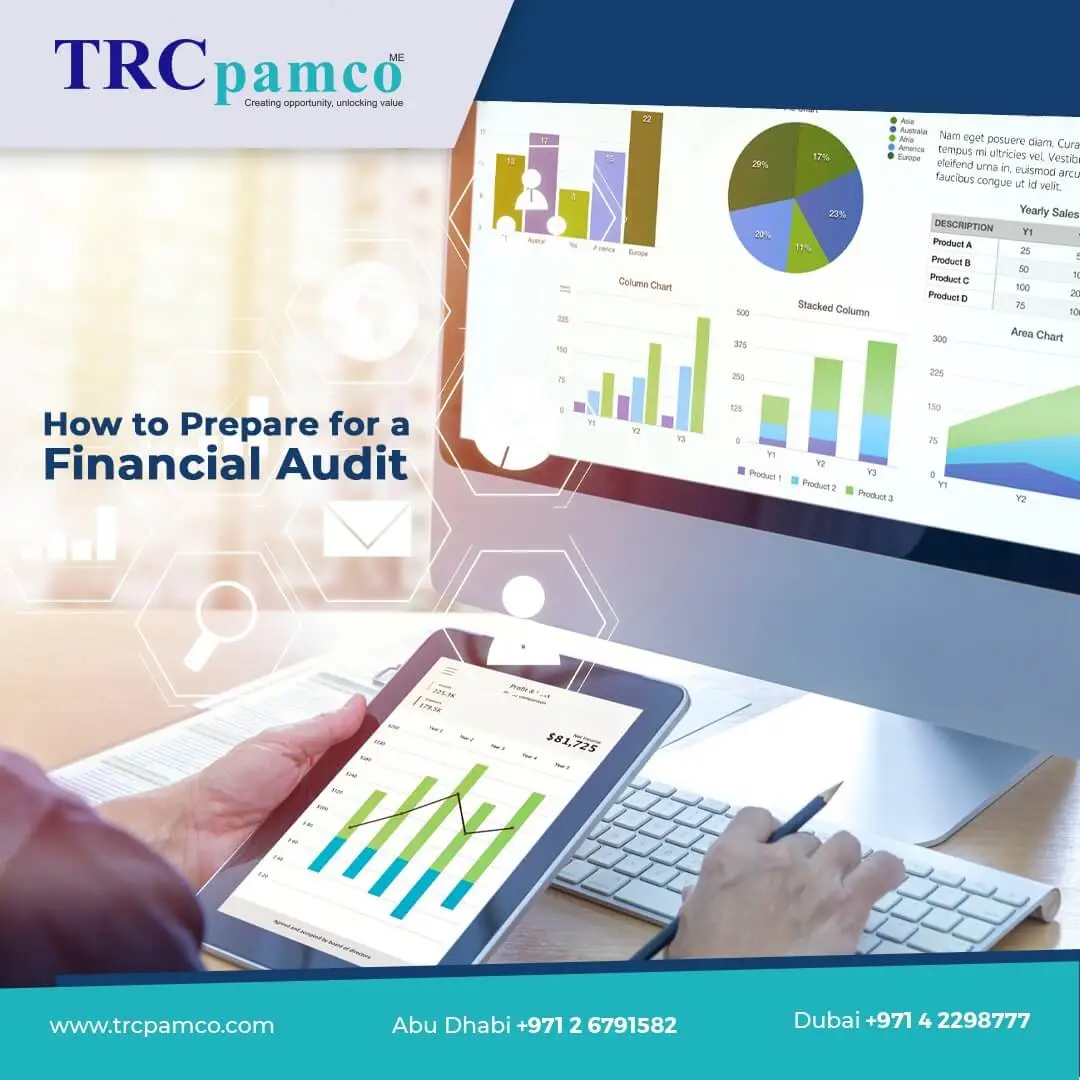
An audit is crucial because it gives a set of financial statements credibility and gives shareholders assurance that the accounts are accurate and fair. It can also aid in enhancing a company’s internal systems and controls. Auditing financial records can be a stressful process. However, planning and preparation can ensure that your audit goes smoothly and successfully.
Make a plan in advance:
It shouldn’t come as a surprise that making a plan ahead of time is the most crucial step you need to take when getting ready for your audit. It takes time to plan and set expectations for the audit, so extra resources should be set aside for the last-minute preparations. The entire finance team will need to make sure they have the time and resources needed to prepare for the audit and establish expectations.
Staying up to date with accounting standards:
It takes less time to track data and make adjustments to comply with regulations when everything is up to date. It’s important to maintain a solid understanding throughout the year to protect your business and its internal figures because standards frequently call for specific training to be given to professionals.
Identify significant changes:
If the company has previously undergone an audit, it is important to take into account how its financial situation has changed since that time. The auditing process may be significantly impacted by new investments in projects, as well as by grants and government support.
Additionally, any non-financial changes to the business should be noted. Have internal control systems changed, or have new procedures been implemented? These are important to be aware of because they may have an indirect impact on the fiscal results for the year.
Learn from the past errors:
Set up a planning session with the audit team and the decision-makers to discuss how to correct any prior mistakes and increase the accuracy of this year’s audit.
Assign responsibilities:
Assess the auditors’ list of requirements and assign each item to a capable and responsible person, along with a deadline. As a result, the team and decision-makers find the entire process to be much more manageable and quantifiable.
Organize data:
Prior to the start date, make sure you have everything on your auditor’s preparation checklist.
- General ledger
- Employee handbooks
- Fiscal year budgets
- Paid bills and checks
- List of transactions
- Internal financial statements
- Accounting policies.
For more information, get in touch with TRC. They offer the best financial audit services and are a group of enthusiastic, young professionals with expertise in business growth advisory services.

